Request Your Dental Consultation
"*" indicates required fields
Scaling & Root Planing Chelmsford
Proudly serving Chelmsford and surrounding towns.
Scaling and root planing in Chelmsford is a procedure used as a treatment for gingivitis, or early stage periodontal (gum) disease. The procedure is a comprehensive dental cleaning that helps to remove both plaque and tartar from the teeth and gum pockets. The roots of the teeth are also smoothed to remove bacteria and bacterial toxins.
The Purpose of Scaling and Root Planing
The early stage of periodontal disease, popularly known as gum disease, is called gingivitis. Scaling and root planing is a type of professional dental treatment that helps to prevent or treat gum disease. It is a technique that is minimally invasive, cost-effective, and nonsurgical.
The progression of periodontal disease involves the infection and inflammation of the gums and nearby soft tissues. Bacterial plaque is the cause of periodontal disease. It eventually hardens into a a substance called tartar that is only removable through professional dental care.
Plaque releases toxins that damage gum tissue responsible for holding teeth into place. If periodontal disease is left untreated, gum pockets will continue deepening, and the bone that anchors the teeth will eventually be destroyed, leading to the loss of teeth.
Scaling and Root Planing: What to Expect
Your dental hygienist, or dentist, will begin by completely evaluating the current state of your gums and plaque buildup. They will use a special dental instrument to measure the depth of the spaces between your gums and teeth.
In some cases, a topical anesthetic or injection may be used to lessen your discomfort. Your dentist or hygienist will then use a dental instrument to completely remove plaque and tartar down to the depth of the gum pockets. Next, they will “plane”, or smooth, the tooth surfaces to prevent the accumulation of plaque, allowing gum tissue to heal and recover.
If your periodontal disease is in its early stages, you may need a tooth scaling and cleaning about every three months. Daily flossing and the use of medicated mouthwash may also be recommended. If your periodontal disease is in the later stages, additional treatment may include deep plane scaling, laser surgery, and periodontal surgery.
In some cases, scaling and root planing may take place at a slower pace to ensure the comfort of the patient. This is often performed on a quadrant-by-quadrant basis. So you may have two quadrants treated in one appointment, and the remaining two quadrants treated at a subsequent appointment.
Aftercare for Scaling & Root Planing
It is normal to experience some degree of post-procedure bleeding that will gradually resolve on its own. At a subsequent appointment, you will be evaluated to determine the extent of your gum healing, as well as to determine how much your periodontal pockets have decreased. Depending upon the findings, additional treatments may be recommended.






